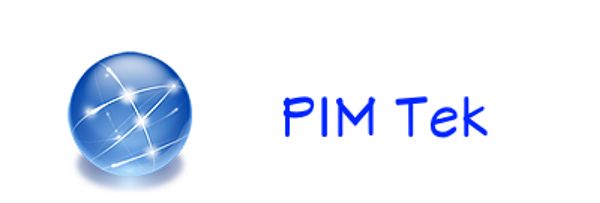When developing software applications, developers often need to interact with databases. Object-Relational Mapping (ORM) is a technique that simplifies this interaction by bridging the gap between object-oriented programming languages and relational databases. But when should you use an ORM, and which ones are the best? Let’s dive in!
ORM’s should be used when:
- You’re working with an object-oriented programming language and want seamless integration between your code and database.
- You want to boost productivity by reducing the time spent writing raw SQL queries or stored procedures and focusing on business logic instead.
- You’re aiming for a maintainable codebase that adheres to the DRY (Don’t Repeat Yourself) principle.
- You require built-in security features to protect your application against vulnerabilities like SQL injection.
- You need a database-agnostic solution, enabling you to switch between different databases with minimal code changes.
Below is a list of ORMs in the Market and Their Capabilities
- SQLAlchemy (Python)
- A powerful and flexible ORM that provides a full suite of well-integrated components.
- Offers a wide range of customization options, allowing you to optimize performance as needed.
- Adheres to the Pythonic style, making it intuitive for Python developers.
- Django ORM (Python)
- Part of the popular Django web framework, this ORM provides a high-level, easy-to-use interface for database operations.
- It comes with powerful built-in features, such as migrations, query composition, and caching.
- Ideal for rapid development, especially when used in conjunction with other Django components.
- Hibernate (Java)
- A widely used Java ORM, Hibernate offers excellent performance and a rich feature set.
- It supports various caching strategies and advanced query options, making it suitable for complex applications.
- Hibernate’s extensive documentation and active community make it a top choice for Java developers.
- Entity Framework (C#)
- Developed by Microsoft, Entity Framework is a robust and feature-rich ORM for .NET applications.
- Offers code-first or database-first approaches, making it suitable for various development styles.
- Integrates seamlessly with other .NET technologies and provides excellent support for LINQ queries.
- Sequelize (Node.js)
- A popular choice for Node.js applications, Sequelize is a promise-based ORM that works well with JavaScript’s asynchronous nature.
- Supports multiple databases, transactions, and complex query operations.
- Its easy-to-understand syntax and well-organized documentation make it a great choice for Node.js developers.
Using an ORM can greatly improve your productivity, code maintainability, and application security. The choice of ORM depends on your programming language, project requirements, and personal preferences. Take the time to explore and experiment with different ORMs to find the one that best suits your needs. Happy coding!
